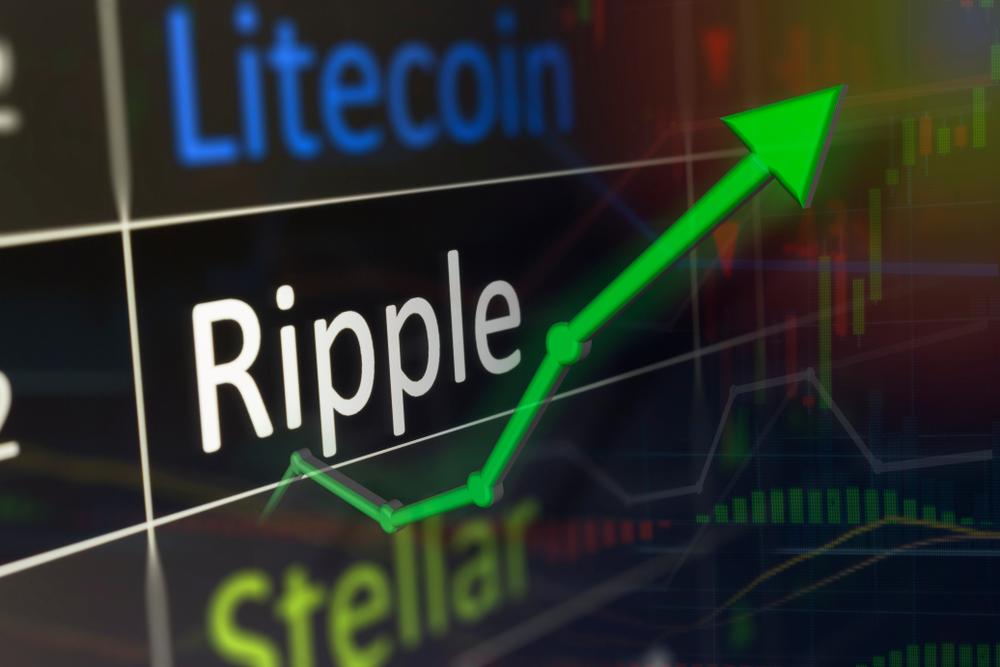- Ripple secures a landmark victory as the court rules XRP is not a security, setting a precedent for the entire U.S. crypto industry.
- Ripple’s pursuit of clear crypto regulation in the U.S. continues, while it expands investments in jurisdictions with well-defined regulatory frameworks.
Ripple has staunchly maintained that the U.S. Securities and Exchange Commission’s (SEC) lawsuit against the company, its CEO, and Chair lacked merit and was an attempt to impose crypto regulations through intimidation. The momentous decision by the court on July 13 that XRP is not a security marks a historic win, not only for Ripple but for the entire U.S. crypto industry. This ruling establishes a precedent for other crypto assets, tokens, and securities regulations in the country.
Clarifying the core issue, the court firmly declared that XRP, as a digital token, is not inherently a security. This ruling definitively repudiates the SEC’s misguided theory that all standalone crypto tokens should be classified as securities, finding no legal support for such a stance.
Ripple CEO Brad Garlinghouse expressed,
“The Court’s decision marks a historic occasion not only for the company but also for the crypto market at large. We’ve been asserting since the lawsuit’s early days that Ripple was on the right side of the law and history. Progress is worth fighting for. This decision deals a significant blow to the agency’s regulation-by-enforcement agenda, and I hope it will serve as the turning point for Congress to establish clear rules for crypto in the U.S.”
After nearly 3 years, the Court’s July 13 decision delivered a landmark win for Ripple and the entire U.S. crypto industry: XRP is not a security.
Progress is worth fighting for.https://t.co/rm4cMGDVek
— Ripple (@Ripple) July 19, 2023
Key Findings by the Court Include:
- Ripple’s XRP sales on exchanges are not securities.
- XRP sales by Ripple executives are not securities.
- Ripple’s XRP distributions to developers, charities, and employees are not securities.
Ripple Chief Legal Officer Stu Alderoty highlighted the court’s differentiation between the token itself and the manner of its sale, recognizing XRP as not an investment contract. This ruling will have far-reaching implications for the classification of digital tokens in the U.S. moving forward. Alderoty added,
“The Court’s ruling can now be used by others in the agency’s crosshairs. The SEC can no longer boast about their crypto enforcement record, which mostly relied on settlements with players lacking the resources or conviction to fight back.”
As the court proceedings move forward, the focus will be on specific contractual sales to institutional investors that the court identified as securities (not the token itself). Everything else has been resolved as a matter of law.
Ripple’s commitment to promoting sound crypto regulation in the U.S. is far from over; this victory marks only the beginning. Concurrently, the company will continue investing in regions that have established clear and comprehensive regulatory frameworks. Recently, the Monetary Authority of Singapore granted Ripple an In-Principle Approval (IPA) for a Major Payments Institution License.
Several U.S. exchanges, which previously delisted XRP due to uncertainty over its security status, have either re-listed or announced plans to do so. Among these exchanges are Coinbase, Kraken, Gemini, Bitstamp, and others. Notably, XRP remains listed on numerous exchanges worldwide. Furthermore, foreign regulators in countries like Japan, Switzerland, the UAE, and the UK had already determined that XRP did not fall under the classification of a security.


